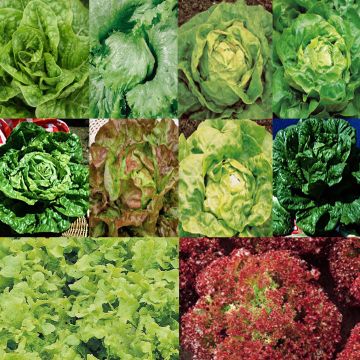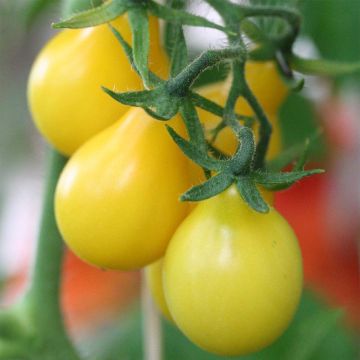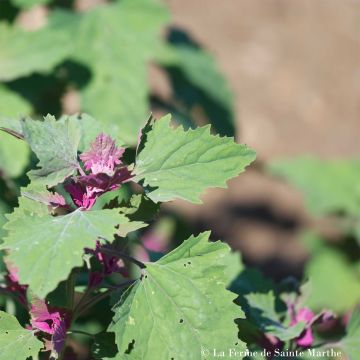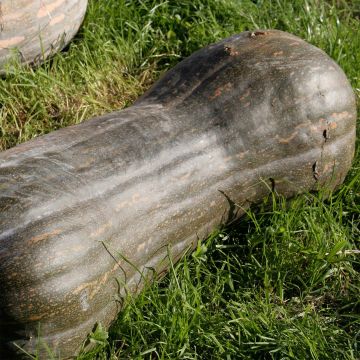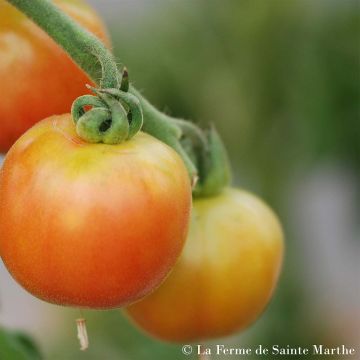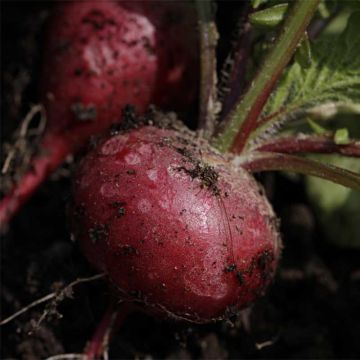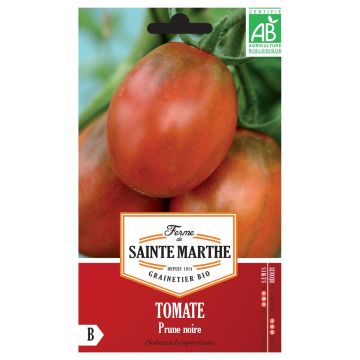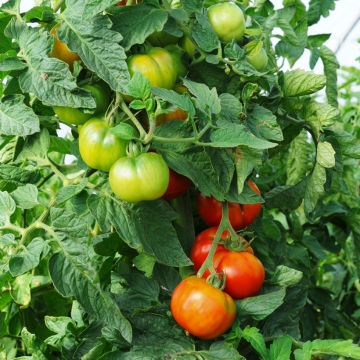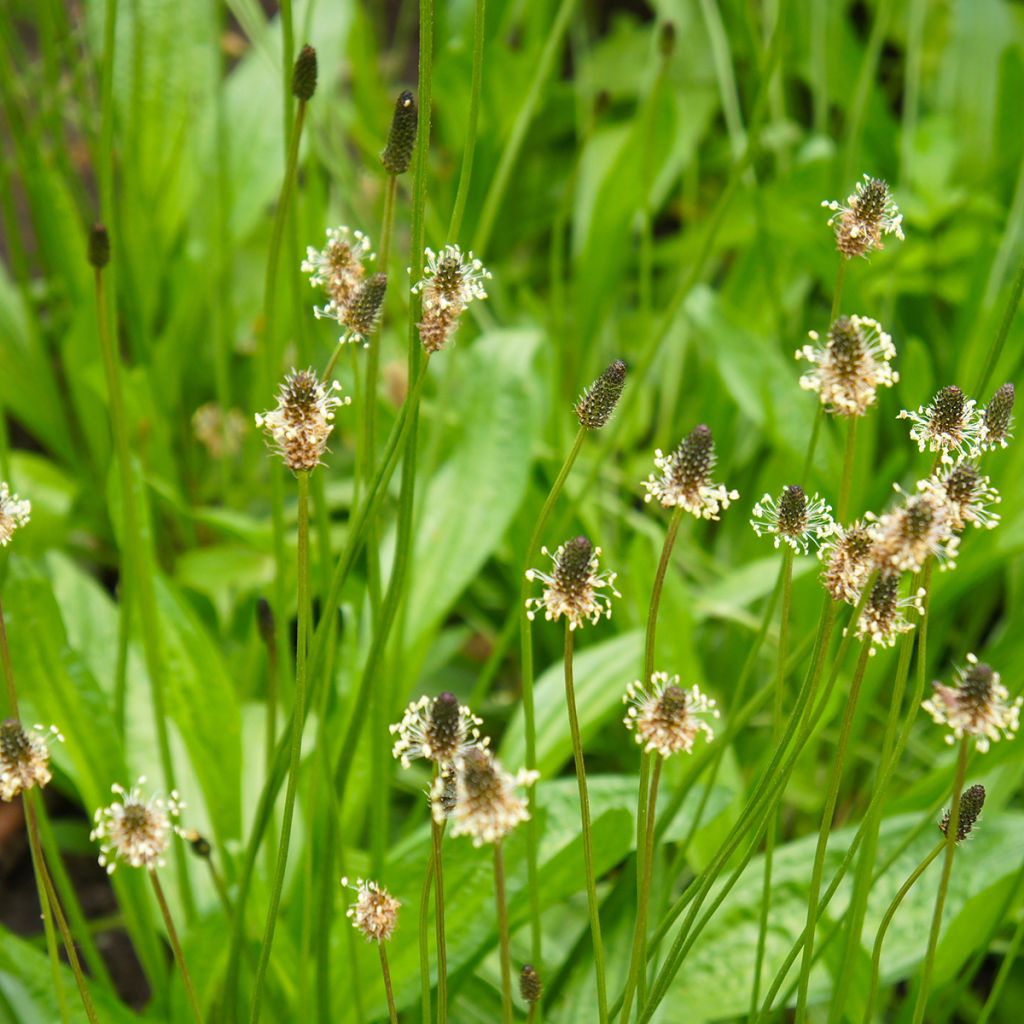

Plantago lanceolata
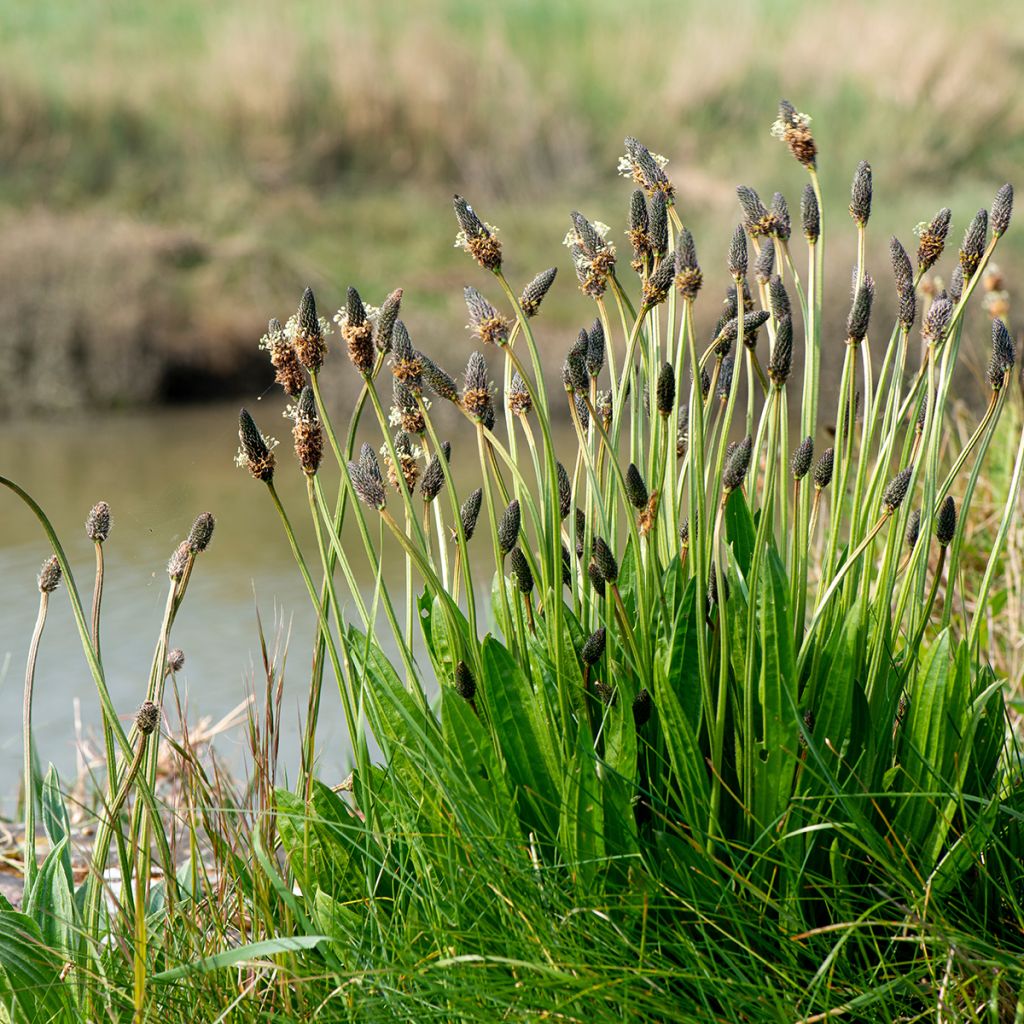

Plantago lanceolata
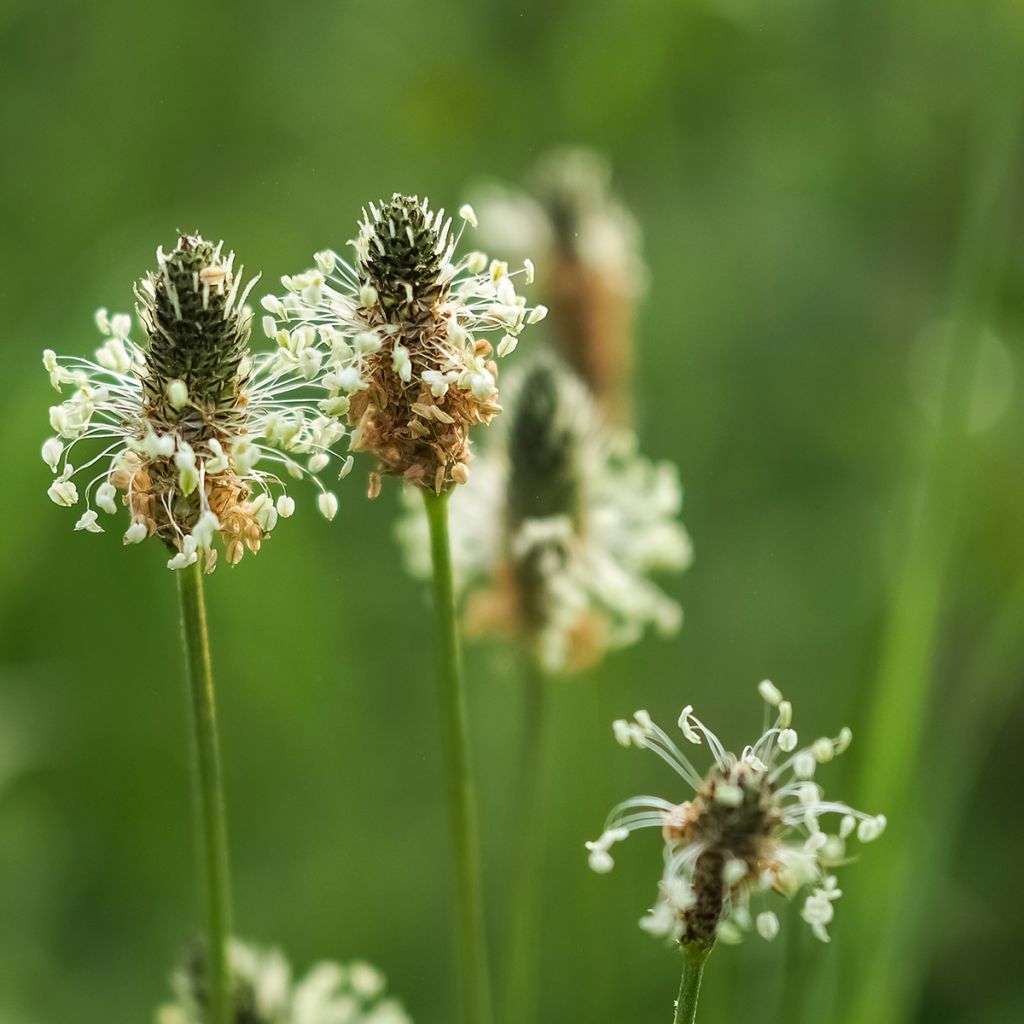

Plantago lanceolata
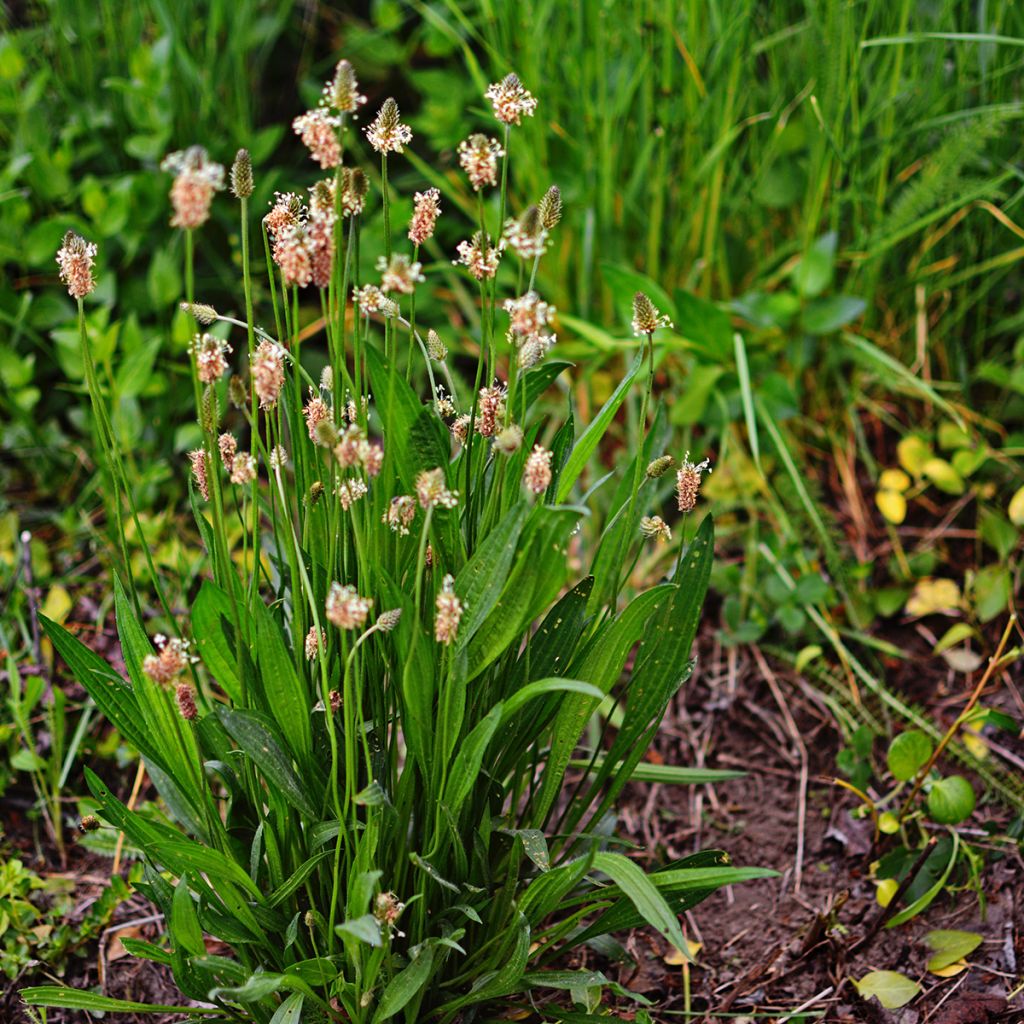

Plantago lanceolata
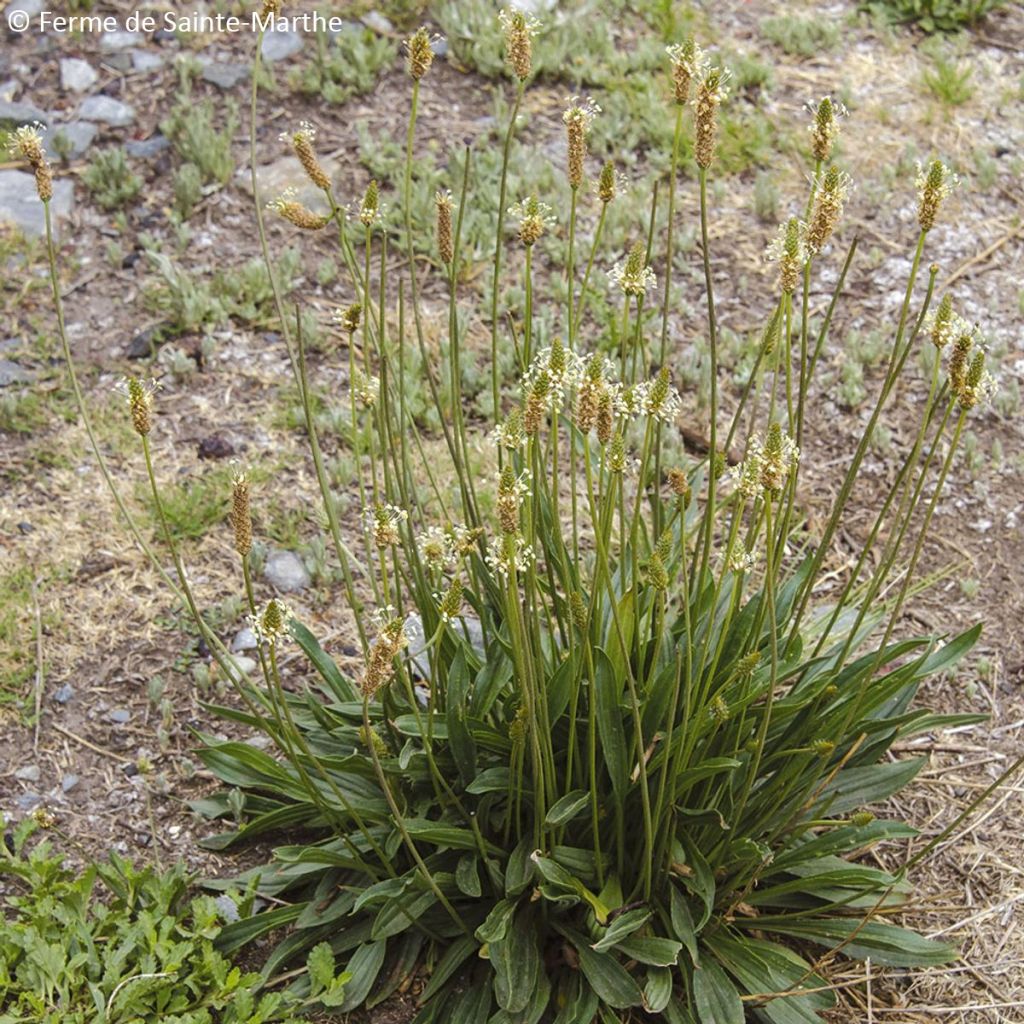

Plantain lancéolé Bio - Ferme de Sainte Marthe
Plantago lanceolata
Plantago lanceolata
Ribwort Plantain, Narrowleaf Plantain, English Plantain, Buckhorn Plantain, Ribleaf, Lamb's Tongue
Special offer!
Receive a €20 voucher for any order over €90 (excluding delivery costs, credit notes, and plastic-free options)!
1- Add your favorite plants to your cart.
2- Once you have reached €90, confirm your order (you can even choose the delivery date!).
3- As soon as your order is shipped, you will receive an email containing your voucher code, valid for 3 months (90 days).
Your voucher is unique and can only be used once, for any order with a minimum value of €20, excluding delivery costs.
Can be combined with other current offers, non-divisible and non-refundable.
Home or relay delivery (depending on size and destination)
Schedule delivery date,
and select date in basket
This plant carries a 6 months recovery warranty
More information
We guarantee the quality of our plants for a full growing cycle, and will replace at our expense any plant that fails to recover under normal climatic and planting conditions.
Description
Ribwort Plantain is a native plant known for its medicinal properties for a long time. It forms clumps of long lanceolate and veined leaves, from which emerge floral stems ending in a spike of small honey-yellow flowers. The entire plant is edible, but its leaves are mostly consumed in salads, soups, or as an infusion. Ribwort plantain is renowned for its benefits to the respiratory system. When crushed, it relieves insect bites. It is sown from May to September and its leaves are harvested all year round.
Ribwort Plantain (in Latin, Plantago lanceolata) is a perennial plant also known as Narrow-leaved Plantain or Five-vein Plantain. It is of Eurasian origin and belongs to the Plantaginaceae family. It is found in short grass meadows, on compact or sandy soils, fallow and cultivated fields, urban lawns. This perennial has a rosette habit, composed of narrow leaves marked by deep parallel veins, topped by upright floral stems. Depending on the soil and sunlight, the plant reaches a height of 20 to 50cm (8 to 20in) when flowering. The tiny flowers are clustered on a cylindrical spike at the end of the floral stems. They are highly visited by bees.
In the garden, this herb is cultivated for its very tender young leaves, which are consumed raw in mixed salads or cooked like spinach. It can also be used to treat minor wounds such as insect bites, as it has emollient and astringent properties.
Harvesting: young leaves can be harvested all year round, as needed.
Storage: leaves should be consumed immediately after harvesting.
Gardener's tip: like wick, Ribwort Plantain is sown in uncompacted soil. If you have land tortoises, know that Ribwort Plantain is part of the wild plants that make up their diet, just like dandelions, dandelion leaves, and other sow thistles.
Bio seeds come from plants grown organically and undergo no treatment after harvest. These seeds are compatible with organic farming.
Report an error about the product description
Plantago lanceolata in pictures




Harvest
Plant habit
Foliage
Botanical data
Plantago
lanceolata
Plantaginaceae
Ribwort Plantain, Narrowleaf Plantain, English Plantain, Buckhorn Plantain, Ribleaf, Lamb's Tongue
Western Europe
Perennial
Planting and care
Sowing:
Sowing should be done in a sunny location, from March to September, directly in the ground without compacting the soil. After germination, thin out the seedlings, leaving only one plant every 30cm (12in) in all directions.
Seedlings
Care
Intended location
This item has not been reviewed yet - be the first to leave a review about it.
Similar products
Haven't found what you were looking for?
Hardiness is the lowest winter temperature a plant can endure without suffering serious damage or even dying. However, hardiness is affected by location (a sheltered area, such as a patio), protection (winter cover) and soil type (hardiness is improved by well-drained soil).

Photo Sharing Terms & Conditions
In order to encourage gardeners to interact and share their experiences, Promesse de fleurs offers various media enabling content to be uploaded onto its Site - in particular via the ‘Photo sharing’ module.
The User agrees to refrain from:
- Posting any content that is illegal, prejudicial, insulting, racist, inciteful to hatred, revisionist, contrary to public decency, that infringes on privacy or on the privacy rights of third parties, in particular the publicity rights of persons and goods, intellectual property rights, or the right to privacy.
- Submitting content on behalf of a third party;
- Impersonate the identity of a third party and/or publish any personal information about a third party;
In general, the User undertakes to refrain from any unethical behaviour.
All Content (in particular text, comments, files, images, photos, videos, creative works, etc.), which may be subject to property or intellectual property rights, image or other private rights, shall remain the property of the User, subject to the limited rights granted by the terms of the licence granted by Promesse de fleurs as stated below. Users are at liberty to publish or not to publish such Content on the Site, notably via the ‘Photo Sharing’ facility, and accept that this Content shall be made public and freely accessible, notably on the Internet.
Users further acknowledge, undertake to have ,and guarantee that they hold all necessary rights and permissions to publish such material on the Site, in particular with regard to the legislation in force pertaining to any privacy, property, intellectual property, image, or contractual rights, or rights of any other nature. By publishing such Content on the Site, Users acknowledge accepting full liability as publishers of the Content within the meaning of the law, and grant Promesse de fleurs, free of charge, an inclusive, worldwide licence for the said Content for the entire duration of its publication, including all reproduction, representation, up/downloading, displaying, performing, transmission, and storage rights.
Users also grant permission for their name to be linked to the Content and accept that this link may not always be made available.
By engaging in posting material, Users consent to their Content becoming automatically accessible on the Internet, in particular on other sites and/or blogs and/or web pages of the Promesse de fleurs site, including in particular social pages and the Promesse de fleurs catalogue.
Users may secure the removal of entrusted content free of charge by issuing a simple request via our contact form.
The flowering period indicated on our website applies to countries and regions located in USDA zone 8 (France, the United Kingdom, Ireland, the Netherlands, etc.)
It will vary according to where you live:
- In zones 9 to 10 (Italy, Spain, Greece, etc.), flowering will occur about 2 to 4 weeks earlier.
- In zones 6 to 7 (Germany, Poland, Slovenia, and lower mountainous regions), flowering will be delayed by 2 to 3 weeks.
- In zone 5 (Central Europe, Scandinavia), blooming will be delayed by 3 to 5 weeks.
In temperate climates, pruning of spring-flowering shrubs (forsythia, spireas, etc.) should be done just after flowering.
Pruning of summer-flowering shrubs (Indian Lilac, Perovskia, etc.) can be done in winter or spring.
In cold regions as well as with frost-sensitive plants, avoid pruning too early when severe frosts may still occur.
The planting period indicated on our website applies to countries and regions located in USDA zone 8 (France, United Kingdom, Ireland, Netherlands).
It will vary according to where you live:
- In Mediterranean zones (Marseille, Madrid, Milan, etc.), autumn and winter are the best planting periods.
- In continental zones (Strasbourg, Munich, Vienna, etc.), delay planting by 2 to 3 weeks in spring and bring it forward by 2 to 4 weeks in autumn.
- In mountainous regions (the Alps, Pyrenees, Carpathians, etc.), it is best to plant in late spring (May-June) or late summer (August-September).
The harvesting period indicated on our website applies to countries and regions in USDA zone 8 (France, England, Ireland, the Netherlands).
In colder areas (Scandinavia, Poland, Austria...) fruit and vegetable harvests are likely to be delayed by 3-4 weeks.
In warmer areas (Italy, Spain, Greece, etc.), harvesting will probably take place earlier, depending on weather conditions.
The sowing periods indicated on our website apply to countries and regions within USDA Zone 8 (France, UK, Ireland, Netherlands).
In colder areas (Scandinavia, Poland, Austria...), delay any outdoor sowing by 3-4 weeks, or sow under glass.
In warmer climes (Italy, Spain, Greece, etc.), bring outdoor sowing forward by a few weeks.



































